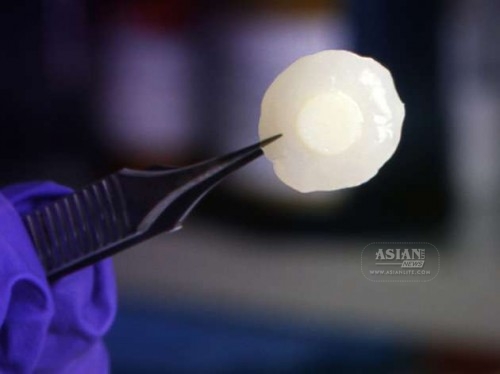 Providing a ray of hope for arthritis patients, scientists have succeeded in producing cartilage formed from embryonic stem cells.
Providing a ray of hope for arthritis patients, scientists have succeeded in producing cartilage formed from embryonic stem cells.
In future, this may be used to treat the painful joint condition osteoarthritis.
Scientists have developed a protocol under strict lab conditions to grow and transform embryonic stem cells into cartilage cells (also known as chondrocytes).
“This work represents an important step forward in treating cartilage damage by using embryonic stem cells to form new tissue, although it’s still in its early experimental stages,” said Sue Kimber from the University of Manchester.
The team analysed the ability of embryonic stems cells to become precursor cartilage cells.
These were then implanted into cartilage defects in the knee joints of rats.
After four weeks the cartilage was partially repaired and after 12 weeks a smooth surface, which appeared similar to normal cartilage, was observed.
“We’ve shown that the protocol we’ve developed has strong potential for developing large numbers of chondrogenic cells appropriate for clinical use,” Kimber noted.
Developing and testing this protocol in rats is the first step in generating the information needed to run a study in people with arthritis.
Before this will be possible more data will need to be collected to check that this protocol is effective and that there are no toxic side-effects.
Chondrocytes created from adult stem cells are currently being experimentally used but as they cannot be produced in large amounts the procedure is expensive.
Their use would also be cheaper and applicable to greater number of arthritis patients.
“These results thus mark an important step forward in supporting further development toward clinical translation,” Kimber concluded.
The research appeared in Stem Cells Translational Medicine.